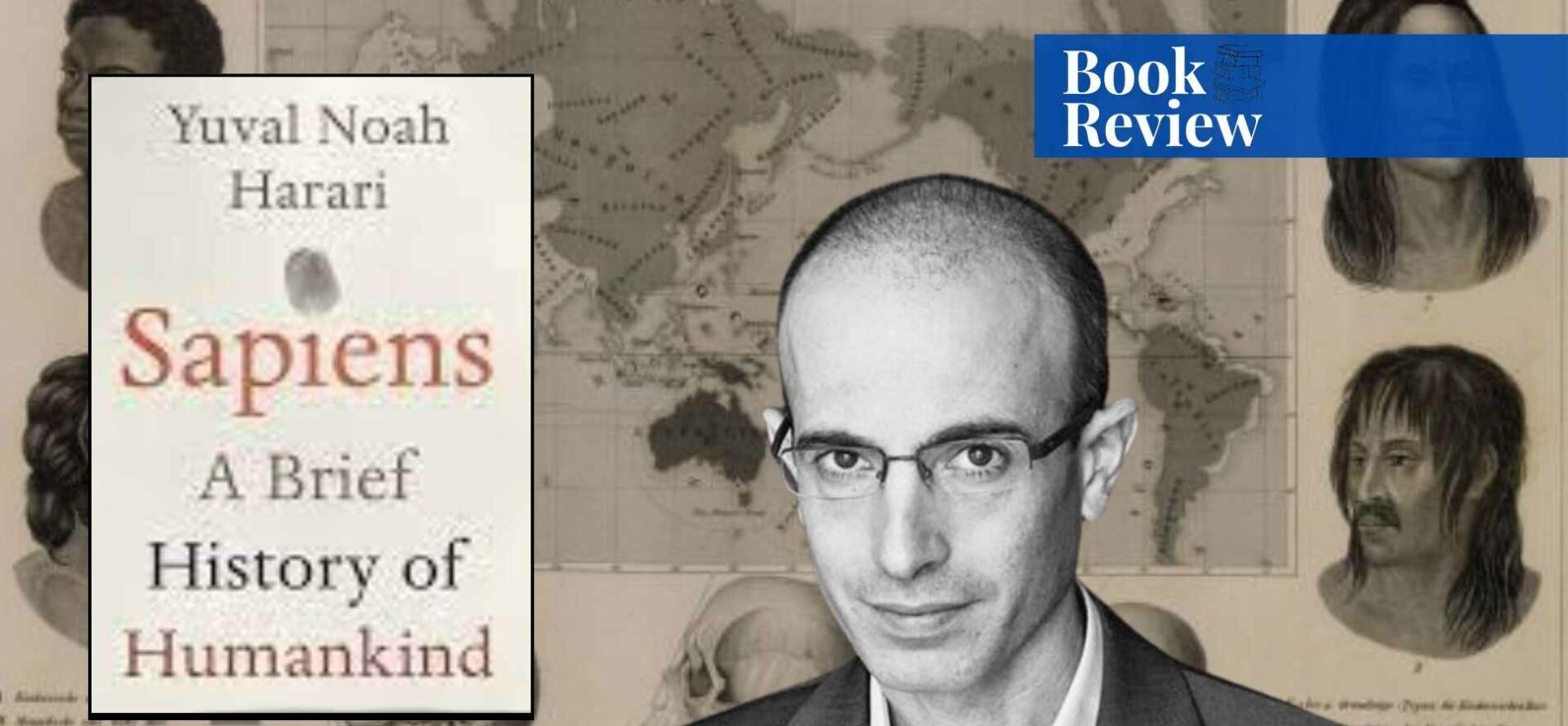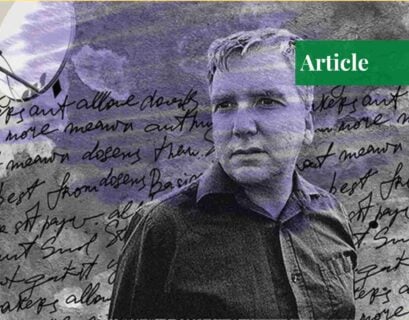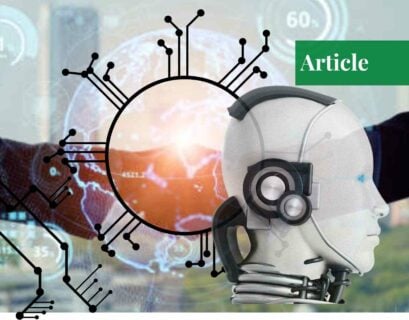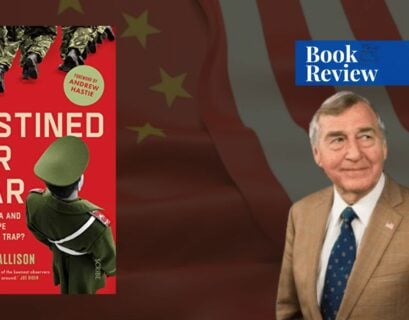The Author
Yuval Noah Harari is an Israeli public intellectual, historian, and professor in the Department of History at the Hebrew University of Jerusalem. His major books include Sapiens: A Brief History of Humankind, Homo Deus, and The 21 Lessons for the 21st Century.
Part 1: Awakening Cognition
The first part of the book discusses the cognition revolution and the era before it by unveiling distinct human species. Harai says that there have been several species throughout human history, each comprising various characteristics. Those species involved the Neanderthals, Homo erectus, Homo soloensis, Homo floresiensis, Homo Denisova, Homo rudolfensis, and many more. Divergence existed in their structure because all of these species were physically different from each other.
Moreover, the domestication of fire brought several changes in the lifestyle of these species. It changed their physical appearance and made their lives easy. It also led them to digest the foods easily. Therefore, their intestines decreased and their brain increased. Consequently, the writer provides an insight into the spread of the Homo sapiens. He has named wise men as Homo sapiens that came into existence after several species which existed throughout history.
The author provides two theories regarding the extinction of other species and the spread of Homo sapiens: the interbreeding theory and the replacement theory. Both of which are accurate to some extent. The supporters of the interbreeding theory claim that the extinction of other species was due to the violence of Homo sapiens. However, the supporters of the replacement theory claim that the spread of Homo sapiens was possible by their unique language and the cognitive revolution.
Accordingly, the author discusses the reasons that caused the cognitive revolution. A few people regard it possible by the tree of mutation, while others disagree and state human gossiping as its reason. Alternative thinking declares that the cognitive revolution is possible because of the shared myths, which changed societies. Interestingly, the cognitive revolution changed the course of history and led history to be independent of biology.
Part 2: The Agricultural Revolution
Moreover, there are many similarities and differences between us and our hunter-gatherers. One such difference is the nutrition and diet. This diet difference takes us to the second section of the book, known as the Agricultural Revolution. It occurred when Homo sapiens started relying on crops rather than fruits and animals, a turning point in history as it provided a new path to development. However, it occurred in specific places because those places had the soil of quality which provided better crops.
Another essential outcome of this revolution was its creation of an imagined order. For instance, Hammurabi created his rules to control Mesopotamia. With the increased number of people in a community and greater interaction among them, the rulers became unable to identify each person and the knowledge about them. Therefore, writing started in the Sumerian society and it was further developed by them as bureaucratic work.
Part 3: Globalization
The agricultural revolution brought inequality and injustice to societies as it created imagined hierarchies such as the caste system of India, the white and black division in America, and gender inequality throughout the world. However, Harari notes that the world is headed towards unification mainly due to globalization.
To support his stance, in Sapiens: A Brief History of Humankind, he presents three main arguments as the binding forces that have unified the world. The first force is the economic means (the monetary order); the second force is the political means (the empire); and the third one is religion. The monetary system led Homo sapiens to interact with each other through the standard form of trade exchange. The empire brought together a large number of people under the roof of a single empire. Similarly, religion gave them a shared ideology to follow and believe in.
Part 4: The Scientific Revolution
According to Yuval Noah Harari, the traders, merchants, and prophets were the ones who united the world because they gave people the cause to combine and respect each other despite their differences. He also writes about another important revolution known as the scientific revolution which was the biggest milestone in the history of humans.
The scientific revolution also opened the way for new ideologies such as nationalism, feminism, and consumerism. It also increased the role of government in the life of an individual and decreased the role of family in one’s life. Besides all these revolutions, the writer ends the book with a question of whether we’re happier now. To answer this question, he provides a path to knowing the real meaning of life, that of happiness and also thyself. The moment we come to know these three, we will be able to know whether we are happy or not.
Sapiens: A Brief History of Humankind provides us with an insight into our history by letting us know of various accomplishments and their impacts on society. It helps the reader to think critically regarding human, social, and political evolution. Furthermore, what I liked about the book was the questions that it raised in my mind throughout the reading and the sense of connection it provided with the writer.
If you want to submit your articles and/or research papers, please check the Submissions page.
The views and opinions expressed in this article/paper are the author’s own and do not necessarily reflect the editorial position of Paradigm Shift.



















